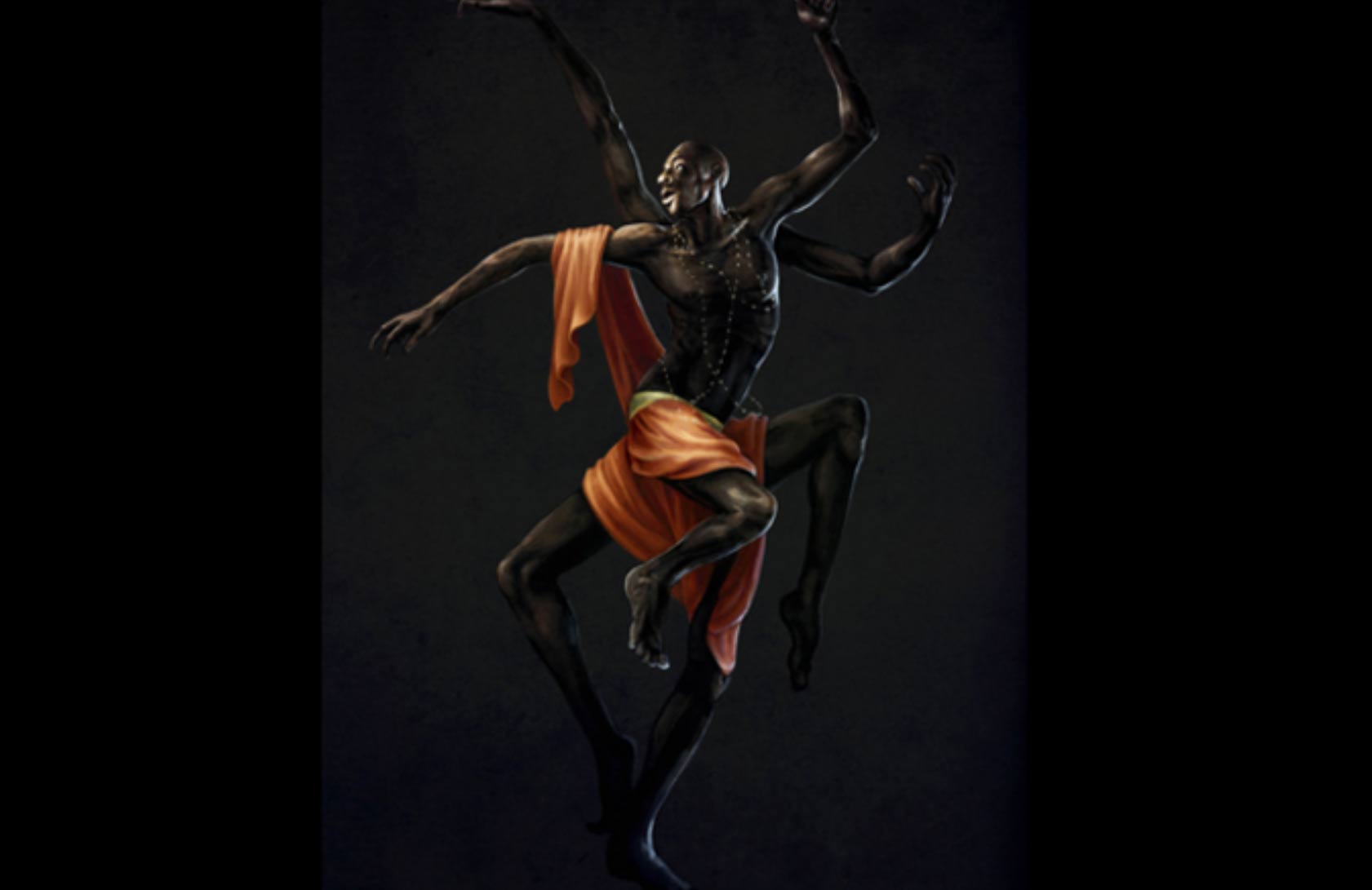
The Maasai are an ethnic group who inhabit Southern Kenya and Northern Tanzania. A semi-nomadic group, they are one of the most popular locals in the world, not least because they dwell close to the African game parks but because of their peculiar dress, customs and food.
Yes! The traditional diet of the Maasai is indeed peculiar. This diet solely derives from cattle although It would surprise you that they seldom eat beef nor kill their cows in order to feed. Instead, they have mastered the art of harvesting blood from cows by puncturing the loose flesh in the cows neck with an arrow and inserting a bamboo in the jugular. This lets the cow bleed but it only takes a few days for it to heal. Interesting, right?
While there have been stories that some locals drink cow blood in order to pull through certain austere situations like famine. Still, the Maasai ultimately eat blood as a meal for special celebrations such as weddings, circumcisions; for ritual purposes and for healing purposes. Also used to assuage inebriation, it could be drunk fresh after its been drawn, used as an ingredient in cooking other dishes or mixed with milk. The taste has been described as thick, salty, sweet, and even “steaky” with a film on the surface after collection.

It should also be noted that although other Kenyan groups have better adapted to modern times and its attendant influences, the Maasai have persisted and maintained their tradition. Nevertheless, beyond this both ordinary and sacred food – cattle blood, the Maasai have been able to incorporate into their diet others as tubers, honey, vegetables, cornmeal and barks of trees.
With bright red robes that are eye-catching, a spear in hand and an unassuming demeanour, this group are courageous, calm and no less humane. The latter, perhaps, accounts for why they opt for bloodletting. Or else, cattle function as a marker of status so it is beneficial to keep a large herd size – hence the proclivity to keep the animals alive. One thing that is sure though is that this peculiar meal serves both cultural, physical and spiritual purposes. For theMaasai, there is indeed power in the blood.

We appreciate your contribution.
Join the Oriire Community
Become a free member to get the monthly roundup, unlock more challenges, comment on articles and bookmark your favourites





















Share
0 Comments